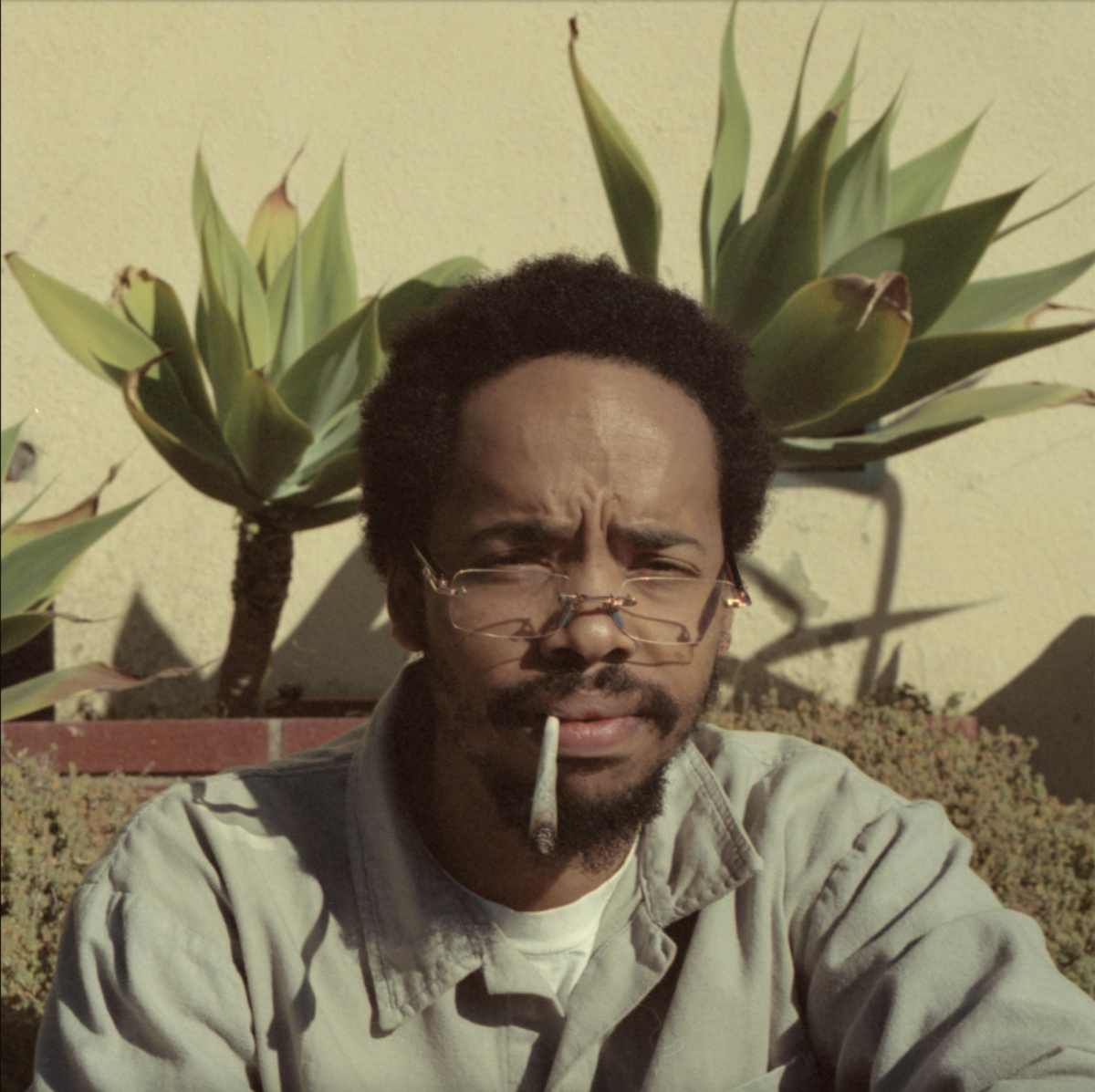The San Jose State Academic Senate passed an amendment during yesterday’s meeting allowing professors to exclude this year’s teaching effectiveness surveys from their course evaluations.
“We cannot use ordinary evaluations during these extraordinary times,” said Sharmin Khan, academic senator and SJSU language and linguistics professor, who said she favored the amendment.
The amendment passed with a 35-12-2 vote.
The Student Opinion of Teaching Effectiveness surveys (SOTEs) are administered electronically to students at the end of every term. The survey asks students to evaluate their instructors’ classroom performance.
According to the SJSU School of Information, SOTEs are one of two ways teaching effectiveness is measured, the other being an evaluation from a full-time faculty member.
Some faculty and student senators however, raised concerns at the Zoom meeting that student feedback won’t be considered if the amendment is approved.
Heather Lattimer, dean of the Connie L. Lurie College of Education, said she opposed the amendment. She said that in any circumstance, students need opportunities to provide faculty members with feedback that will be seen by evaluators.
“[Faculty] is saying to students, ‘We’re not going to take that feedback into account,’ ” Lattimer said. “We’re saying that [students] are supposed to navigate this and be held accountable, but we are not going to hold ourselves accountable.’ ”
But Laura Sullivan-Green, department chair of the geotechnical engineering graduate program, approved the amendment and said that faculty members needed more time to adjust to the current circumstances before they could feel confident about their performance.
“We need to make sure we put the control in the hands of faculty whose futures are being decided here,” Sullivan-Green said.
RTP process
Despite encouragement from senators to assist SJSU President Mary Papazian in determining when to use an alternate criteria to measure the retention, tenure and promotion process during these unusual circumstances, the Senate voted against the idea.
“There have been occasions in the past where I may have a little less faith in the president declaring an emergency in situations that the faculty may feel that such declaration might be called for,” business professor Simon Rodan said.
RTP is the process where professors put together portfolios of their work that is evaluated by committees at several levels to determine if they get a promotion or tenure.
Kenneth Peter, chair of the professional standards committee, said in the meeting that the collaboration would not be practical.
He said that the president is the only person with the authority to suspend and sanction the RTP policy, and said the Senate would not be in a workable situation in an emergency setting to advise the president.
No Faculty Layoffs for 2020-21
Papazian told the Senate that SJSU will be able to get through the school year without any faculty member layoffs. The concern about losing teaching positions came from an announcement from San Francisco State Thursday that it will lay off over 100 staff members because of CSU-wide budget cuts.
“We’ve been fortunate to be able to continue to support our faculty and staff in terms of employment stability,” Papazian said.
She also said that the biggest cut in SJSU’s budget so far came from the lack of on-campus housing.
“We’re looking at some pretty big gaps,” Papazian said.
Land Acknowledgement
For the first time in the history of the SJSU Academic Senate, senators read a statement recognizing the land rights of Native Americans in the Bay Area.
The land acknowledgment, provided by the Indian Health Center of the Santa Clara Valley, recognizes that the San Francisco Bay region is the, “traditional home of the Puichon-Ohlone-speaking people and the present-day Muwekma Ohlone Tribe.”
Ravisha Mathur, chair of the Academic Senate, said a senator will volunteer to read the statement at the beginning of every meeting moving forward.
“It’s an education, enlisting our speakers and audience to learn about a region of indigenous history,” Mathur said.






































